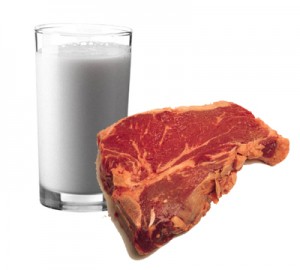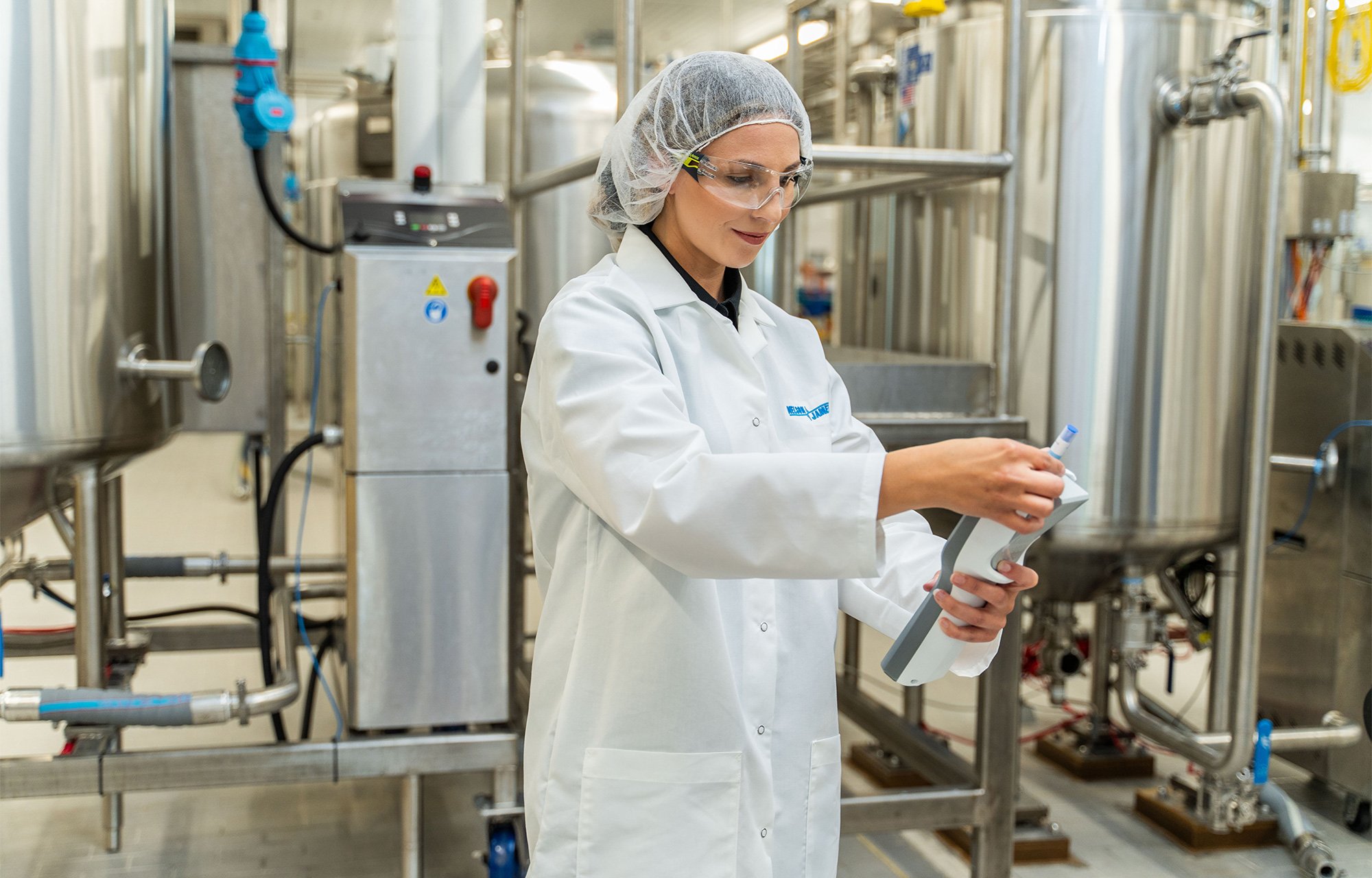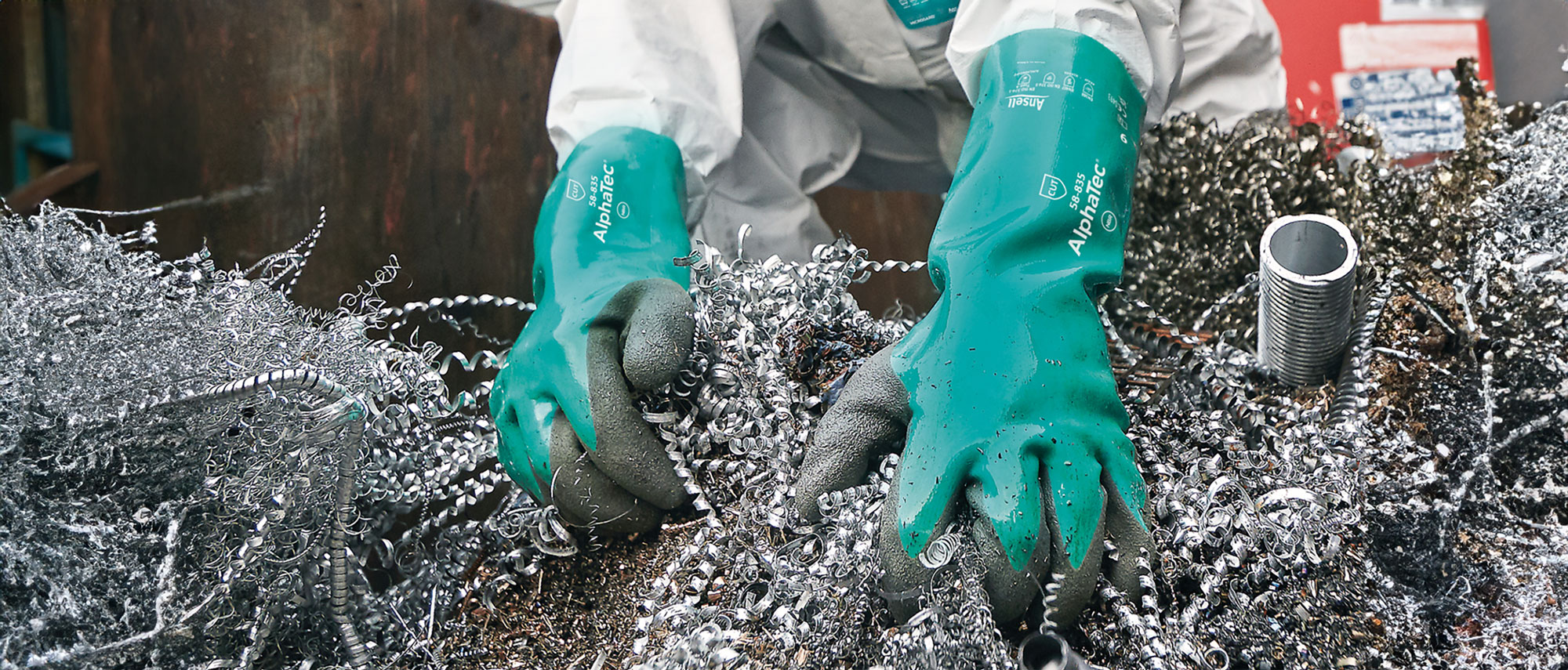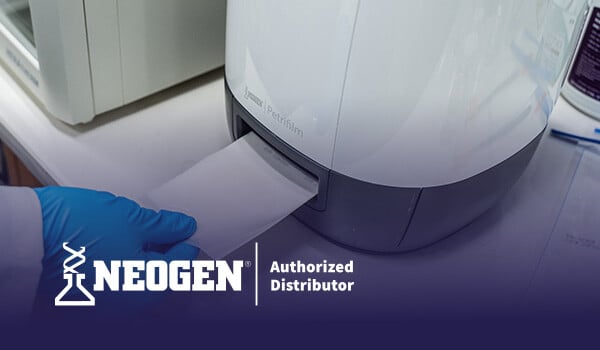
Decreasing the incidence of antibiotic residues in dairy and meat products is a topic that has garnered a good deal of attention for decades now. It is an issue that has also seen some promising resolution. Levels in sampling nationally have decreased. For instance, according to the National Milk Drug Residue Data Base, “0.044% of all samples were positive for a drug residue, down from 0.101% in 1995”. So, as Pamela Ruegg of the University of Wisconsin asks, “So, why the worry about residues?”
Ruegg points out that further attention needs to be paid to the topic because of potential serious health effects that can be associated with residues. Allergies and concerns about drug-resistant bacteria are primary concerns that have entered into the arena of the debate along with other health effects. Ruegg also discusses that due to the overwhelmingly common usage of antibiotics in farm operations due to conditions like mastitis that effect cows on dairy and beef farms.
For producers, a grave concern comes in the form of possible profits being poured away down the drain. Producers are most commonly the ones that take the hit when tainted milk and meat is found. Such a multitude of effects brings together various populations such as farmers, government agencies, processors, medical professionals, and customers. Much of the blame for the issues comes down to recording mistakes, identification mistakes, communication issues, and a lack/absence of proper training.
Nelson-Jameson itself offers a tool to assist in securing some piece of mind in the process of properly assuring your product is safe and ready for the market. Our Delvotest® and PremiTests detect a wide array the drugs that can compromise your product.

February 3, 2026
Ensuring the safety and quality of dairy products requires a robust framework combining rigorous testing...

January 12, 2026
Gloves can force a choice between comfort and protection. But compliance, efficiency in usage, and worke...

January 2, 2026
From regulatory updates to evolving needs for operational efficiency, food processors spent 2025 adaptin...

Recognize and address possible hygiene and sanitation challenges based on the cleaning and material handling equipment available in your facility.
Through a discovery call, virtual, or on-site assessment, Vikan SQF Practitioner certified specialists will assist in confirming that your system and cleaning tool inventory aligns with your risk management objectives while pinpointing any missing tools and enhancing maintenance and usage practices. Evaluate whether your existing tools are utilized in the most effective manner, or determine if a more suitable tool exists for the task at hand. Ensure that your tools comply with all relevant standards and regulatory requirements. Site evaluations encompass a summary survey, an overview of the location, a color-coded factory layout plan, product suggestions, a recommended order form, and a proposal for a follow-up survey.
Food Safety, Sanitation, Cleaning Tools, Color Coding

This is a comprehensive program for the food processing industry. Nelson-Jameson brings together the most extensive collection of color-coded products for material handling, product handling, janitorial, safety, apparel, QA/QC, and metal-detectable applications. With the right pieces, a color-coding system is a powerful tool in preventing cross-contamination of allergens and food-borne illnesses that can lead to sickness or expensive product recalls.

Food Safety, Sanitation, Cleaning Tools, Color Coding

Food Safety

Get Petrifilm Certified through our complimentary immersive workshop for managers, personnel, and teams. The workshop offers practical knowledge through hands-on training and networking with industry professionals and experts. Attendees gain an in-depth understanding of Petrifilm technology and valuable insights into effective environmental monitoring practices. Participants leave with a certification and a wealth of resources that can significantly contribute to elevating their plant's quality control standards.
Food Safety, Sanitation, Laboratory